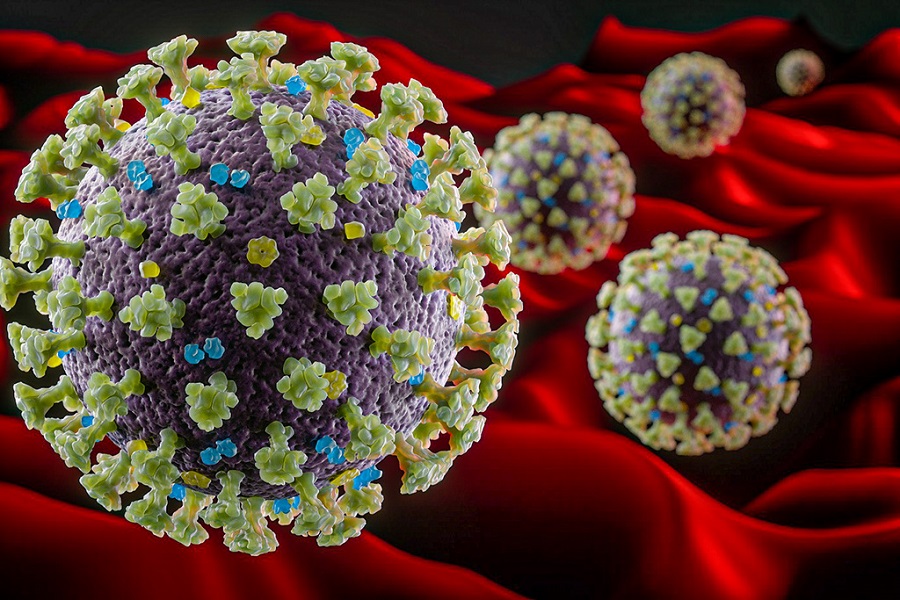RIO DE JANEIRO, BRAZIL – Three new variants of the novel coronavirus have been confirmed in the state of São Paulo by diagnostic tests performed by the Butantan Institute. The new strains were found in the coastal Baixada Santista and in the cities of Itapecerica da Serra and Jardinópolis.

In Itapecerica da Serra, the presence of the B.1.318 variant was confirmed, found in Switzerland and the UK. In Baixada Santista, the B.1.351 South African variant was found, previously identified in the city of Sorocaba. And in Jardinópolis, the N9 was detected, a mutation of the Amazonian P1 variant, now found in several Brazilian states.
According to the Butantan, the South African variant is the most worrisome. The other two are, for now, variants of interest, i.e., they are closely monitored, but do not yet indicate a possible worsening of the pandemic.
The institute says it is still too early to say that these variants are more transmissible or more aggressive than the Brazilian P1 and P2 variants.
The emergence of new variants is causing concern around the world because there is a risk that they will be more transmissible and more deadly. The variants may also be more resistant to vaccines.
According to Butantan, the novel coronavirus mutations indicate that the pandemic is far from being controlled. Therefore, it is essential to wear masks, wash hands with soap and water or sanitizer gel, and maintain social distance.
The São Paulo State Health Department reported that the patient from Itapecerica da Serra, whose examination confirmed the Swiss variant, presented a mild clinical picture of influenza syndrome. The same was true for the patient with the N9.
Attention-getting variants
According to the Department of Health, 3 variants are currently considered of attention worldwide due to evidence of increased transmissibility or severity. They are the P1 (Manaus), the B.1.1.7 (from the UK), and the B.1.351 (which first emerged in South Africa).
According to the secretariat, 114 autochthonous cases of these 3 variants were confirmed in the state of São Paulo by yesterday, April 26th, 102 of them the P1. Autochthonous cases mean that the disease or virus transmission was local, with no history of travel from other regions.
Thirteen cases of the Manaus variant (P1) were reported in the capital. But 12 cases were also reported in the city of Araraquara, 10 in Jaú, and from 1-4 cases in over 40 other cities in the state.
The 9 confirmations of the UK variant in the state were observed in the capital (5), Peruíbe (1), Jacareí (1), Guarulhos (1), and Bauru (1).
As for the South African variant, 2 cases were observed in Sorocaba and 1 in the city of Santos.
CoronaVac
Studies have shown that the CoronaVac, a vaccine produced by the Butantan Institute with the Chinese pharmaceutical company Sinovac, is effective against the D614G mutation, which currently predominates in the world and is common to the B.1.1.28 strains – from which derive the P.1 variants (Amazonian) and P.2 (emerged in Rio de Janeiro) and B.1.1.33 (from which derives the N9 variant).
A preliminary study conducted in more than 67,000 health professionals in Manaus who had a confirmed diagnosis of Covid-19 proved that the vaccine is 50% effective against the P.1 variant, after 14 days of the first dose.
Source: Agência Brasil

